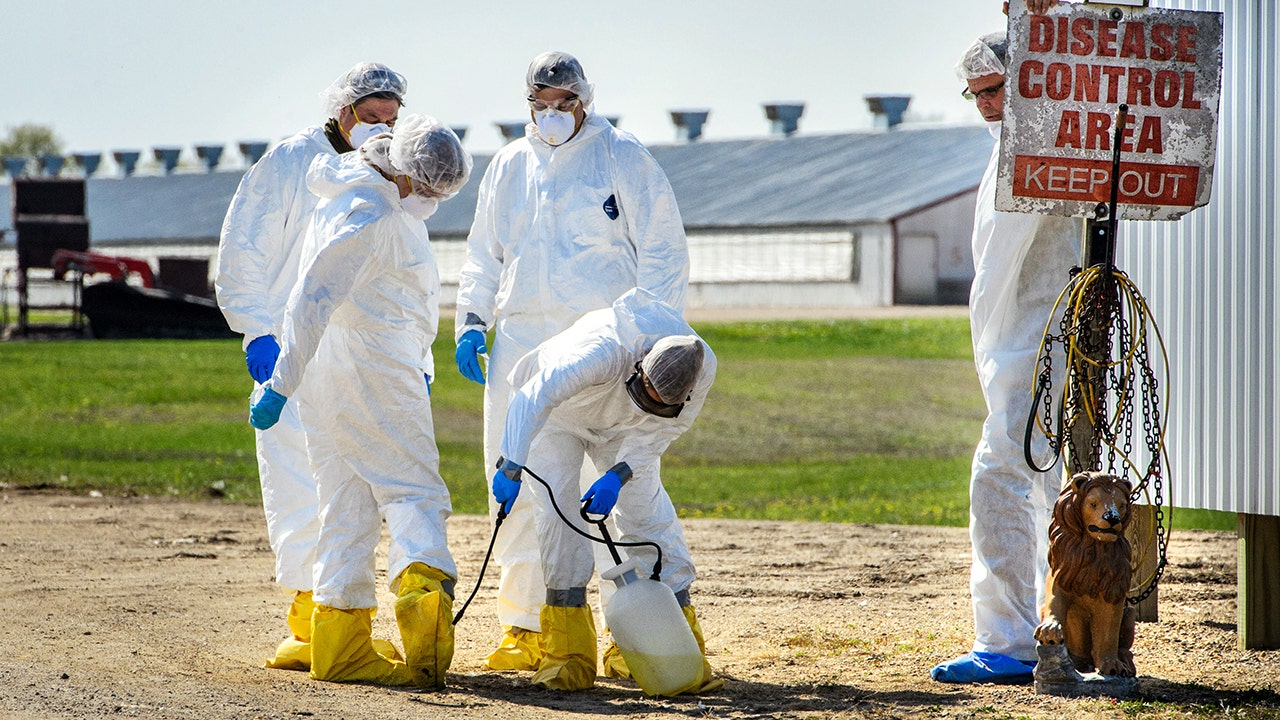This material may not be published, broadcast, rewritten, or redistributed. ©2025 FOX News Network, LLC. All rights reserved. Quotes displayed in real-time or delayed by at least 15 minutes. Market data provided by Factset. Powered and implemented by FactSet Digital Solutions. Legal Statement. Mutual Fund and ETF data provided by Refinitiv Lipper.

Bird flu, also known as H5N1, avian influenza, or avian flu, is an infection that can affect the lungs, nose, and throat. It is caused by a virus naturally spread through wild birds to other birds and mammals. The bird flu virus is transmitted through the air or by contact with an infected animal.
Symptoms of bird flu include fever, muscle aches, headaches, drowsiness, a stuffy or runny nose, vomiting, diarrhea, and eye redness. In rare cases, symptoms can lead to death.
Healthcare professionals diagnose bird flu by performing a swab test of the nose or throat.

Treatments for bird flu involve antiviral medication prescribed by a doctor. Protect yourself from bird flu by practicing good hygiene and avoiding the consumption of raw animal products.
Bird flu has caused a decrease in dairy cow herds and chickens in recent years. The outbreak affected egg production, leading to increased prices and shortages on store shelves.
